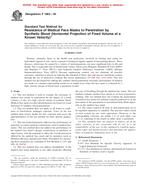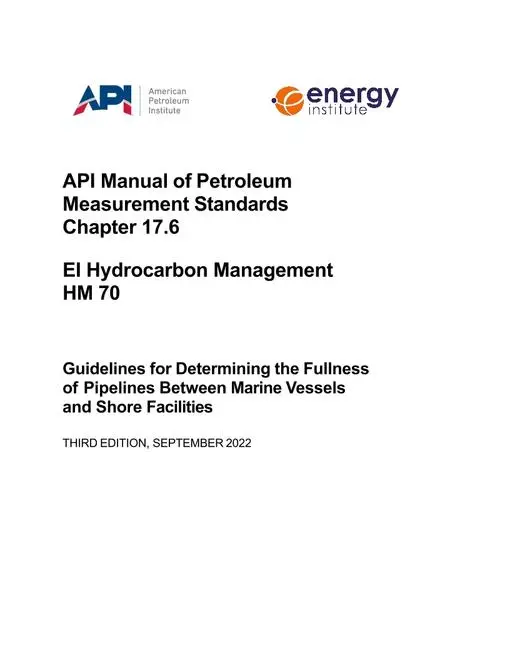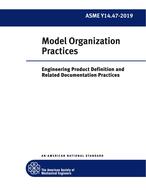
ASTM F1862-05 PDF
Original price was: $65.00.$39.00Current price is: $39.00.
Standard Test Method for Resistance of Medical Face Masks to Penetration by Synthetic Blood (Horizontal Projection of Fixed Volume at a Known Velocity)
standard by ASTM International, 09/15/2005
1.1 This test method is used to evaluate the resistance of medical face masks to penetration by the impact of a small volume (~2 mL) of a high velocity stream of synthetic blood. Medical face mask pass/fail determinations are based on visual detection of synthetic blood penetration.
1.2 This test method does not apply to all forms or conditions of blood-borne pathogen exposure. Users of the test method must review modes for face exposure and assess the appropriateness of this test method for their specific application.
1.3 This test method primarily addresses the performance of materials or certain material constructions used in medical face masks. This test method does not address the performance of the medical face masks design, construction, or interfaces or other factors with the potential to affect the overall protection offered by the medical face mask and its operation (such as filtration efficiency and pressure drop). Procedures for measuring these properties are contained in Test Methods F 2101 and MIL-M-36954C.
1.4 This test method does not address breathability of the medical face mask materials or any other properties affecting the ease of breathing through the medical face mask. This test method evaluates medical face masks as an item of protective clothing. This test method does not evaluate the performance of medical face masks for airborne exposure pathways or in the prevention of the penetration of aerosolized body fluids deposited on the medical face mask.
1.5 The values stated in SI units or inch-pound units are to be regarded separately as standard. The pressure values stated in each system are not exact equivalents. However, as the corresponding velocities are within 1 % of each other, (see ), reporting of the results in either units is permitted.
This standard does not purport to address all of the safety concerns, if any, associated with its use. It is the responsibility of the user of this standard to establish appropriate safety and health practices and determine the applicability of regulatory limitations prior to use.
Product Details
- Published:
- 09/15/2005
- Number of Pages:
- 18
- File Size:
- 1 file , 890 KB
- Note:
- This product is unavailable in Russia, Ukraine, Belarus


